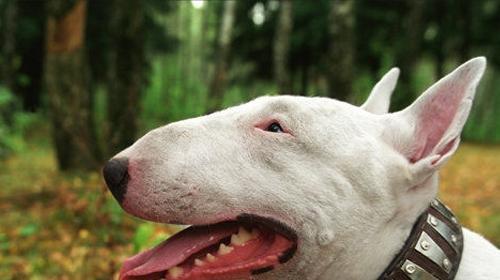
Bull head stalk (detail introduction)
Everyone may not be familiar with cancer such as hemangioma, and what is caused by this disease has not been effectively confirmed so far. However, some studies have proved that if those dogs with light skin color and short hair are exposed to the sun too much, their abdomen and inside of their thighs and eyelids are more likely to develop this kind of cancer. But what to do if the dog has hemangioma and how to treat it.
Symptoms: Hemangioma can appear almost anywhere in the pets of the pets. The main position is spleen, liver, heart and skin. Because the location is different, animal symptoms will be very different. A small purple red bag will appear on the skin. Sometimes the lesion parts look like bruises and small bags may break and bleed. If the lesion is on the lower layer of the skin, it feels even similar to lipoma. If the lesions appear in the body, most of the animals appear: weight loss for no reason, swelling of the abdomen, unwilling to exercise/physical reduction, drowsiness, anorexia, panting, gums, white, and even cough and other symptoms.
Diagnosis: The most direct diagnosis is to judge by veterinarian pathologists after tissue sampling. It is worth pointing out that it is not enough to diagnose hemangioma with only puncture cytology.
If the lesion is in the body, the veterinarian uses X -ray or CT scanning or even surgical detection to diagnose. So far, there is no reliable method of diagnosis of hemangioma through blood (it is said that there is now a test stage).
Treatment: Surgery is the most ideal and direct treatment. For those hemangioma that grows in the spleen, liver, heart, and muscles, veterinarians will continue to give animal chemotherapy to prevent the spread of mutant cells after the surgery is removed.
Prognosis: According to the position of the onset of hemangioma, the prognosis is also very different. For skin surface hemangioma caused by sunlight, it can usually be comprehensively cured after surgery. However, if there are individuals who have suffered from skin hemangioma, the non -metastatic opportunities on other skin on the other body will be great. Such cats and dogs need to reduce time exposed to the sun. If it is hemangioma on the spleen, the chance of metastasis of mutant cells is very high. The average survival time after surgery is only two months, and less than 10%of survival of more than one year. If it matches very good chemotherapy, the average survival time of animals is 6-10 months.
